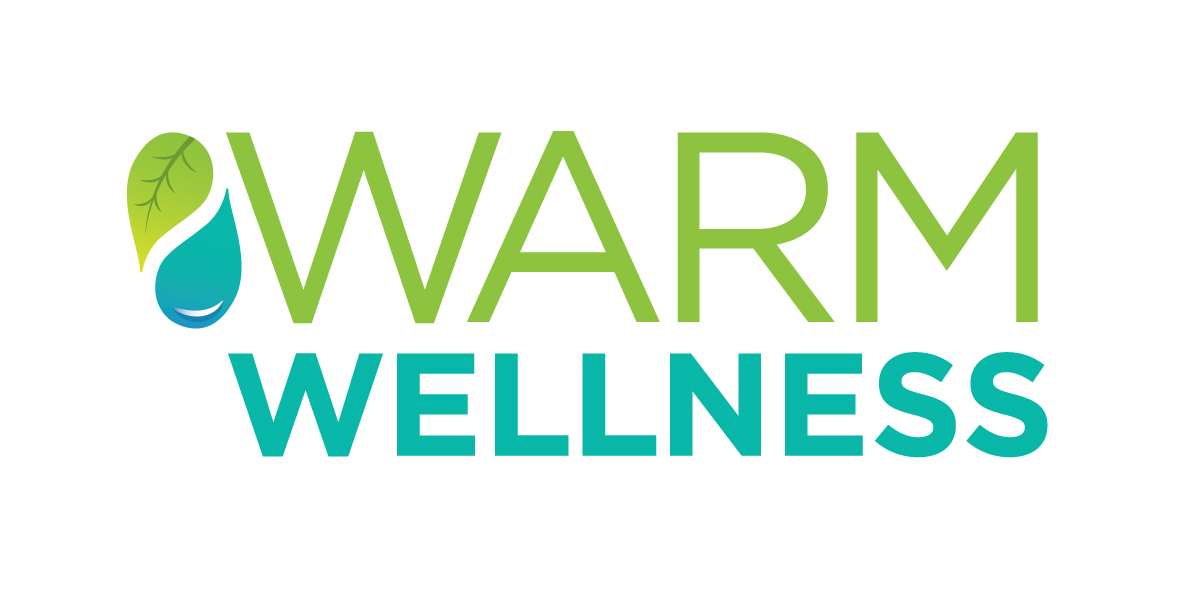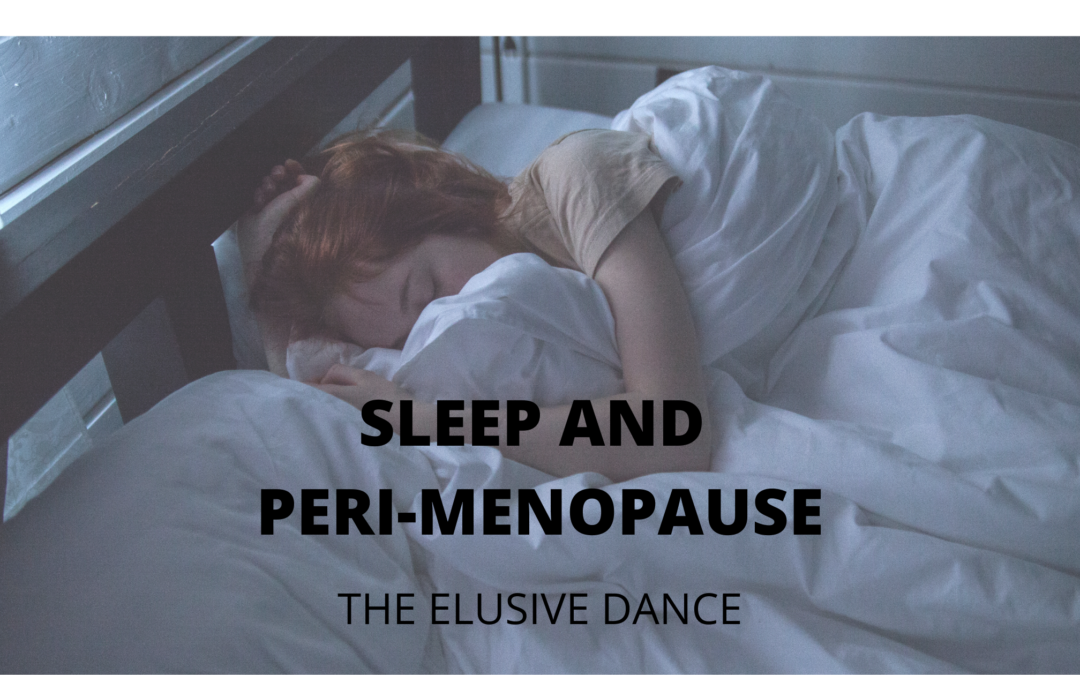Starting in perimenopause and beyond, women’s hormones begin to change. Progesterone levels drop quickly, along with a slower decline in estrogen levels (although some women can have spikes in estrogen as well). In addition melatonin, the hormone vital for sleep, decreases. Setting up the perfect storm for midlife sleep disturbances.
For many women, they may experience acute bouts of sleeplessness, either in the form of trouble falling asleep, hot flashes that wake them or early morning restlessness and/or anxiety. For others acute sleeplessness can lead to long term sleep and health issues. A lack of quality sleep can lead to broader symptoms such as anxiety and depression, as well as contribute to longer term health risks.
The good news is there are a multitude of nutritional and lifestyle tweaks to experiment with that can help ease this transition and ensure you get a better night’s sleep.
Many women find they need more sleep during perimenopause while others may need less. Whichever category you belong in, it is important to know that sleep is an indispensable bodily function, as important as breathing and eating.
Sleep helps restore both physical and mental energy, as well as boost our immune system. Insufficient sleep leaves us tired and irritable, more susceptible to colds and increased cravings for sugar and carbs.
If you are struggling with ways to get more ZZZZ’s as you transition into this next chapter of your adult life, read on for my top tips.
Sleep Starts the Minute You Wake Up
One of the best things you can do upon waking is to open your windows, and let the fresh air and natural light shine in. This can naturally increase your energy levels and send vital signals to your body’s internal clock that it’s time to start your day.
Incorporating some protein into your breakfast routine as well as some light morning exercise can be critical to how much energy you have throughout the day and contribute to how well you sleep at night.
Eat for Better Sleep
High blood sugar and insulin are often associated with poor sleep since a diet high in sugars and refined carbs results in inflammation throughout the body and brain. Cutting back on excess sweets and highly processed foods can benefit not only our waistline, but greatly improve our sleep as well.
Late night snacking can sabotage a good night’s sleep. If you must have something before bed, consider having a ½ banana with a few cashews or something low carb but high in protein that leaves you feeling full for the night ahead.
Caffeine Crutch
Cut back on caffeine and sugar leading up to bedtime. As our estrogen levels drop, it takes longer for us our bodies to process the caffeine making the effects last longer. I personally noticed in my mid 40’s that an afternoon coffee would seriously impact my ability to fall asleep easily at night. I now restrict my caffeine intake to mornings only.

Are you Winding Down or “Wine”ing Down?
While many shout about the benefits of having a good bedtime ritual, if alcohol is on your list of bedtime habits, you may want to find an alternative. Contrary to popular belief alcohol does not help you sleep. Alcohol is mostly sugar and while you may fall asleep easily in this sedated state, alcohol consumption before bed has been directly linked to an increase in hot flashes and night sweats, resulting in poor quality sleep. Cutting back to ½ glass or finding comfort in a cup of calming tea could benefit your sleep routine.
Your Sleep Environment
You spend a third of your life sleeping, so make sure your mattress and sleeping area area are supportive. Keep your bedroom quiet and clutter free. Keeping your room cool, quiet and dark to help invoke a tranquil and peaceful night’s sleep.
Avoid watching TV or staring at a screen 1-2 hours before bed. As the sky darkens, important signals are relayed to your body to start increasing melatonin levels so you can sleep well. Laptops and smartphones can alter the messages your body is receiving. Use your bedroom just for sleep and sex!

Exercise
Exercise has many benefits to your physical and mental health, the least of which is helping you sleep. Avoid vigorous exercise 3-4 hours before bedtime and instead opt for more relaxing exercise such as yoga mediation, or slow walks later in the day or early evening.
Focus on strength training and increasing muscle mass as you enter your pausal period. Increased muscle mass can protect your bones, as well as increase your metabolism and help you sleep at night.

Fitful Sleep
If you do wake up in the middle of the night and can’t get back to sleep after 20 minutes, then get up and go into another room. Try doing something quiet, like listening to a guided sleep meditation, drinking a warm tea or rubbing some calming essential oils on your feet. When you begin to feel sleepy go back to bed.
Get Unbusy
We live in a world with way too much going on; too many to do lists. The never ending spiral of thoughts in our head makes it almost impossible to slow down and relax.
Women especially tend to carry this burden with them like a badge of honor. We cram so much into the hours after the kids go to bed, checking off task after task of the endless to do list.
It is important to spend some time every night, relaxing before bed. Whether it is with a good book, journaling or meditating. It can set us up for a better night’s sleep in the long run and a more productive day to follow.
In Summary
How you go about your day impacts how you sleep at night. What you eat, how you interact with others, your exercise routine, how much and what you watch on TV or consume can and will impact how well you sleep at night.
For some perimenopause can feel like a curse, a sort of reverse puberty, complete with hair growing in strange places, fatigue, moodiness, and even irregular periods. It is important to understand that perimenopause is not a disease, but a natural part of life for most women.
Know that you are not alone. Perimenopause and menopause impacts millions of women every year. The more we talk about it, the more we learn.
“This article is part of the “Sleep and Wellbeing” Blog carnival organised by Me My Health And I. If you enjoy reading interesting articles on health and wellbeing, check out some other interviews as well.

